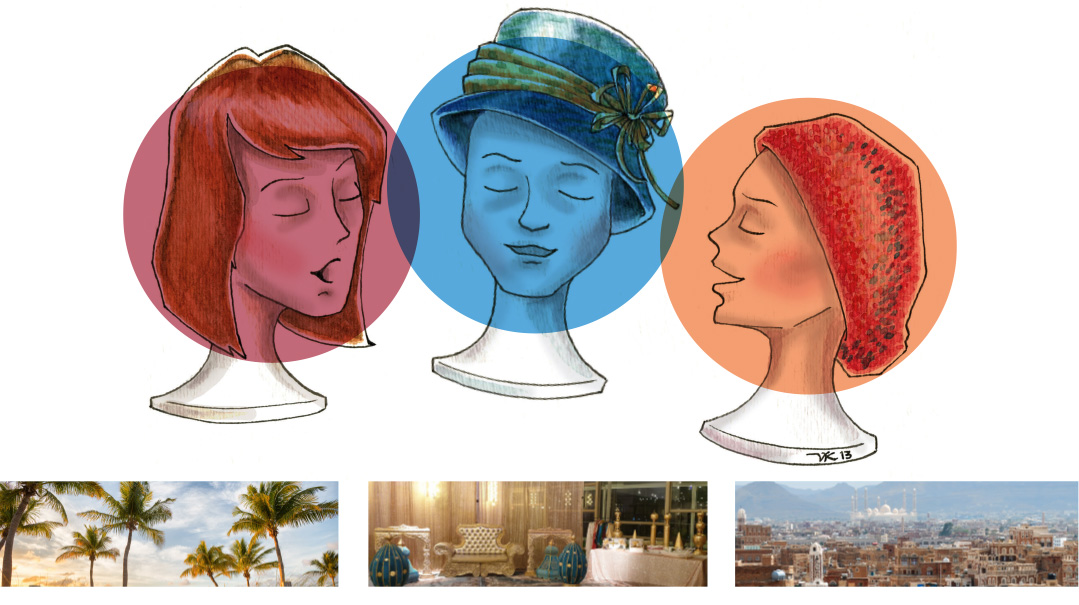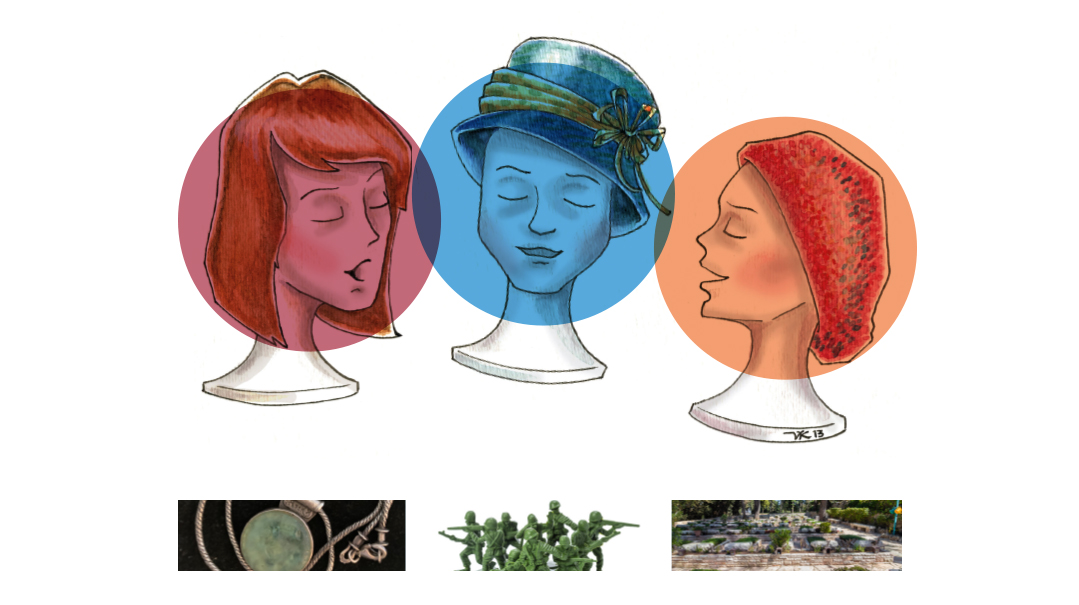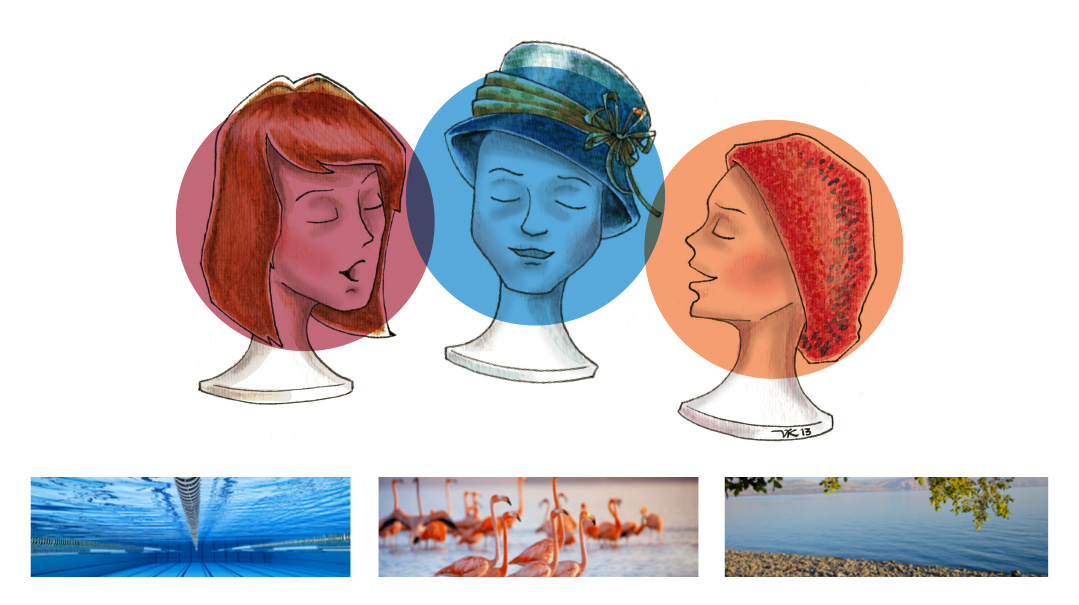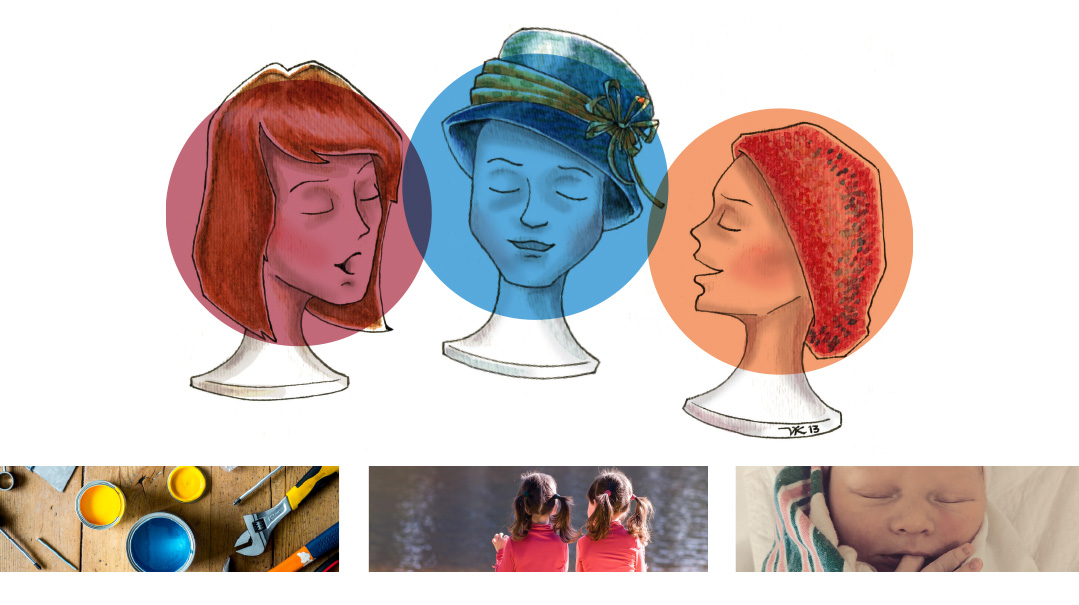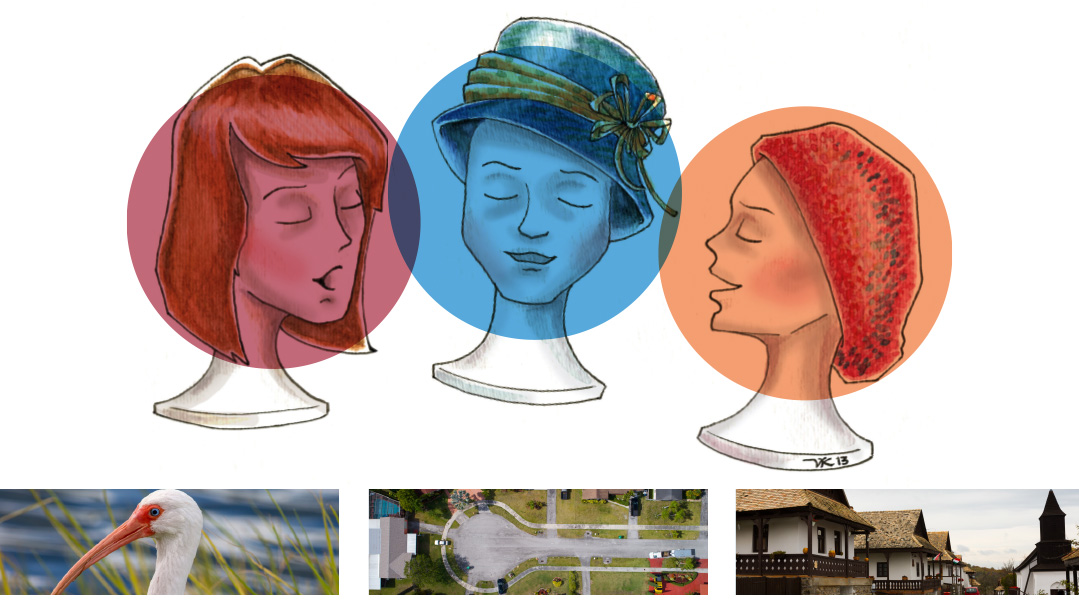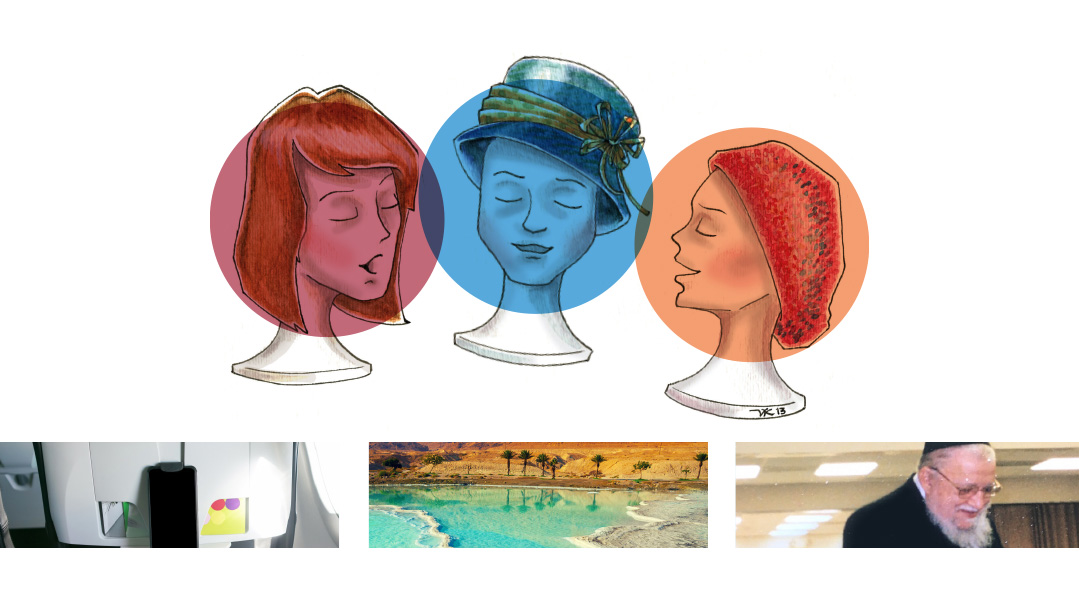DIY Therapy
| July 26, 2022As we’ve learned, sometimes, you’ve got to… Do It Yourself
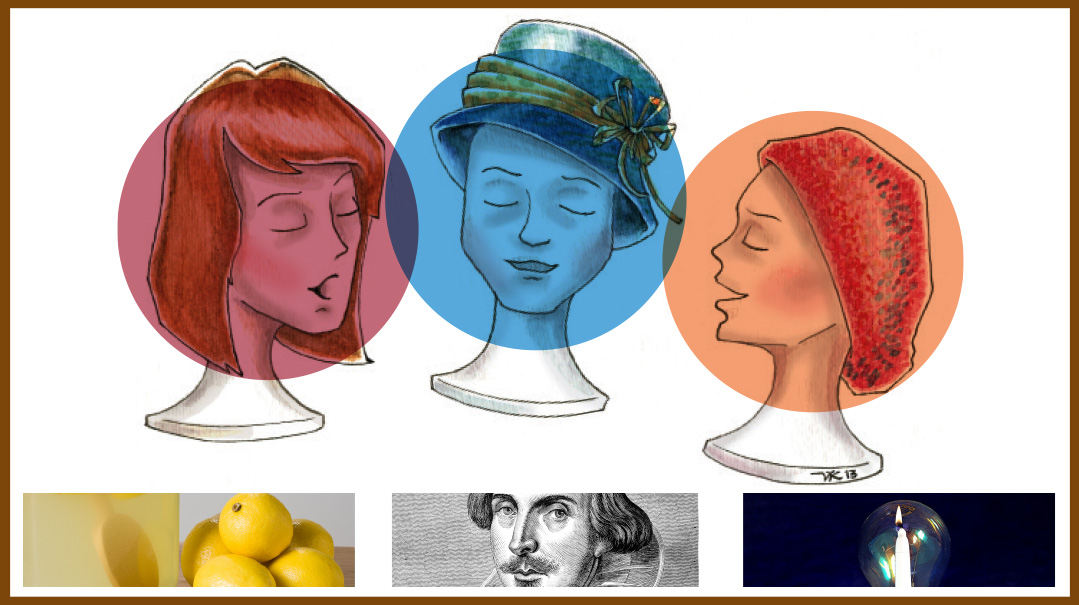
IN today’s world, we swim in an alphabet soup of therapeutic modalities. Having a problem with shalom bayis? Want to finally confront a childhood trauma? Are you simply overwhelmed by the many challenges that rush at us in our overheated, uber-stimulated world? You can try CBT, DBT, NLP, EMDR or — according to a list we found on Google — another 24 different therapy abbreviations.
So many varied ways to help us cope with challenges — but they have one thing in common. If you want to be healed, if you want to gain a deeper understanding of yourself, your relationships, and your place in the world — you’ll have to do the work. Yes, therapists (and rabbanim and rebbetzins and coaches and mentors and even dear friends) can offer counsel, advice, insights, and gentle guidance. But for real change and true healing to happen, your “therapist” must be... you.
With that in mind, we Sisters propose to add another abbreviation to the list: DIY — Do It Yourself — Therapy. It can happen in a classroom, when a writing assignment finally allows a young girl to confront a nightmare. In a shivah home, with a curious mix of laughter and tears. And even on an airplane, when Murphy’s law seems to hijack the flight, and everything that can go wrong, does.
We Sisters salute and celebrate mental health professionals for their dedication and expertise. But as we’ve learned, sometimes, you’ve got to… Do It Yourself.
Emmy Leah waxes poetic
Therapy in Fourteen Lines
Early in the 20th century, a poet named Marianne Moore wrote the first lines of a poem entitled “Poetry”: “I, too, dislike it; there are things that are important beyond all this fiddle.”
More recently, Ben Lerner, a contemporary poet, wrote, “The fatal problem with poetry: poems.”
Even well-known poets recognize that poetry has, shall we say, limitations. If you’re going to tell a story — just tell it! Use full sentences and paragraphs. Why play with short lines, create obscure images, compose a poem whose meaning is so unclear, it can mean different things to different people?
There are many possible answers to that question, but here’s a quick one.
Yes, poems can be complicated and hard to understand.
But that’s okay, since life can be that way, too. I was teaching a creative writing class for my master’s degree students. On the first day of class, I asked my students if they’d ever written poetry. One young woman answered, “I used to write poetry throughout high school. But I gave a teacher a poem once, and it came back dripping blood, so I never wrote again…”
Then and there, I made a decision: I wasn’t going to be a teacher with red pen in hand. I’d never kill a student’s poetic spark, draw blood from her poem. Instead, I’d abandon traditional correcting and grading.
We would read poems and then write our own, following the poetic genre’s conventions. The budding poet would read her first draft aloud. The class would discuss it and suggest revisions. After class discussion, the author would get “authorial authority” over her work and write her final draft.
My poetry class wouldn’t wound the writers.
What I didn’t realize was that their poems would help heal them.
That day’s genre was sonnets. There’s only one hard-and-fast rule to writing sonnets: 14 lines. Write a wonderful poem in 13 or 15 lines and… you’ve written a wonderful poem. Not a sonnet. No 14 lines, no sonnet.
The students stood in front of the classroom and read their sonnets. Nothing to make Shakespeare shake in his Renaissance boots, but nice, nonetheless. A tribute to a newborn baby, a description of a best friend’s wedding, a sadder sonnet about a woman losing her wedding ring.
And then, Ilana’s* turn. She was a friendly young woman, always smiling, someone who generally found something good to say about the most mediocre poem written by a fellow student.
Ilana began reading, her voice shaking a little. I sat in the back of the classroom and let her words wash over me.
The sonnet is a Renaissance genre, but Ilana’s poem seemed very modern, with an undefined story and obscure characters. What came through clearly in her 14 lines, though, was a wrenching sense of loss. Someone had been taken from her, suddenly, and left her with three emotions: Sadness. Guilt. Anger.
What circumstances could call up such dark images? A broken engagement? Divorce?
We began discussing the imagery that gave it such a dark tone. Ilana interrupted, asking if she could share the story behind it.
Fourteen lines — and a harrowing story of death and guilt….
Ten years before, Ilana and her best friend sat in the back seat of a car driven by a boy from their neighborhood. The boy was speeding, driving wildly. He lost control, crashed into a tree.
Ilana’s friend was killed on the spot. In front of her. The young man, whose father was a highly placed politician, called his father — before he called the ambulance.
Sadness. Survivor guilt. Anger.
Ilana had never shared her feelings about that trauma — until that day, until that class, until that sonnet.
Obviously, questions of rhyme, rhythm, imagery were forgotten. The class and I embraced Ilana, literally and metaphorically, as she talked about something she’d repressed for a decade. The next week, she told us that for the first time since the accident, she’d visited her friend’s grave, shared her sense of loss and guilt, and felt she’d reached a kind of emotional closure.
Yes, a poem can “drip blood.” Possibly, poetry can be “fatal.”
But 14 lines written by someone who has been shattered, when shared with those who care, can also heal.
Miriam turns on…
Light Bulb Therapy
Almanah. The word has a doleful, melancholy sound. The sound of grief, tears, vulnerability, fear, sadness.
And also, sometimes, laughter.
On that day during the shivah, I chose laughter.
It was the fourth day of the shivah for my husband Nachman z”l. It was still early, before the wonderful and loving and comforting crowds came. There was time to reflect on my loss and on my new identity. Time for some quiet talk with a dear friend.
I told her that I’d never realized how often I’d asked Nachman about halachah. Everyday questions: Did I accidentally make my pareve pot milchig? Am I allowed to reposition the fan on Shabbos? Is discussing a specific problem in the workplace lashon hara?
My friend, who became Torah observant as an adult, nodded in understanding. “You sound like a baalas teshuvah,” she smiled. And then, because she’s a perceptive and sensitive woman who knew that just because I’d lost my husband didn’t mean that I’d lost my sense of humor, she added, “You know, like the old joke?”
Old joke? What old joke?
“How many baalei teshuvah does it take to change a lightbulb?”
Okay, how many baalei teshuvah does it take to change a lightbulb?
She cocked her head. “Am I allowed to do that?”
A smile, a moment of laughter. And then the visitors came, shivah resumed, the lightbulb was forgotten.
That night, when the crowds had left and I had a few moments alone, I began examining this new person I’d become. After more than four decades of sharing life, I was on my own. Who was this strange woman, this almanah? Who was I — and who did I want to be?
Suddenly, a thought popped into my head.
How many almanahs does it take to change a lightbulb?
It was quirky. Silly. Ridiculous, even. But once it came into my head, I just couldn’t let it go. Maybe, just maybe, I thought, I would find a bit of clarity in the words of an old joke.
And I wondered: Could my newly discovered “light bulb therapy” illuminate my deep darkness?
So, how many almanahs does it take to change a lightbulb?
A lot.
An almanah who wants to laugh in public and cry when alone, and
an almanah who needs to share her grief with others.
An almanah who’s wants to focus on the future, and
an almanah who finds comfort in memories of the past.
An almanah who sits silently, and
an almanah who can’t seem to stop talking.
An almanah who finds profound comfort in the shivah, and
an almanah who waits impatiently for it to be over.
An almanah who knows how to access her bank accounts, pay her bills, budget her money, and handle all the bureaucracy, and
an almanah who will need help dealing with finances.
An almanah who is too busy, and
an almanah who’s not busy enough.
An almanah who dreads having to deal with a full house of people, and
an almanah who dreads being alone.
And, of course,
An almanah who knows how to change a lightbulb, and
an almanah who doesn’t.
The conclusion that I reached through this admittedly oddball therapy?
The Torah cautions us so many times to be careful when dealing with widows and orphans, almanos and yesomim. They’re an especially vulnerable population, and in many eras they were wholly unprotected. But they — we, the members of the club that no one wants to join — are also individuals. With our own needs, hopes, and fears.
When you’re dealing with an almanah, be kind and caring — but be sensitive. Help her in ways that she needs to be helped, and in ways that she wants to be helped. Remember: One-size-fits-all may work for tunics or hoodies, but it doesn’t work for widows.
Oh, and if you’re wondering what my lightbulb therapy told me about myself, and what kind of almanah I am…
I’m all of them.
Marcia turns lemons into…
Lemonade Behavioral Therapy
The trip to Israel was one big lemon. Hours in a plane on the tarmac in Washington. Missing my connection in Newark by ten minutes. Schlepping heavy hand luggage after midnight across the deserted airport for miles. Three hours in a customer service line. Another hour freezing on a bench outside the airport, waiting for a shuttle to transport me to a dinky Newark hotel. Waiting till the next afternoon for a flight to Munich. More waiting for a connection to Tel Aviv. No kosher food. Lost luggage.
And all I wanted was to get to Israel quickly to hug my sister Mimi (Miriam), who started sitting shivah for her husband, Nachman ben Aharon Yoseph HaKohen z”l.
Waiting for that hotel shuttle — tired, cold, feet aching, muscles screaming — I decide it’s time to make some lemonade. I check the time; it’s late morning in Israel. The shivah Shacharis crowd must be gone by now. Time to call Mimi.
She’s as worried about me as I am about her. Instead of letting me console her, she’s cheering me up! We revert to joke mode: CBT — Comedy Behavioral Therapy. Soon we’re both laughing. A temporary relief from our misery. A sip of lemonade.
The next day, on the flight to Munich, another lemonade moment: After years of flying on the wrong side of the blue curtain, I’m bumped up to business class — fully reclining seats and all. I head for the lavatory, where the flight attendant announces to the economy peasants waiting in line, “She goes ahead of you. She’s from the other cabin.”
I scoot through the door, lock it behind me, heave a sigh of triumph over the airline that’s given me such grief. But then… I picture the look of dismay on the woman heading the lav line. Guilt sours my lemonade.
Finally, I land at Ben Gurion. Emmy Leah’s waiting for me. As per our usual custom whenever I arrive in Israel, our first stop is the cemetery where my parents and husband, Sheldon z”l, are buried. Turns out my extra travel day landed me in Israel exactly on our mother’s yahrzeit! Hashem arranged that lemonade!
We pay a visit to Mommy, Daddy, and Sheldon, all near each other. We notice a crowd of people nearby. Could it be? Yes! Mommy has the same yahrzeit as two other women who passed away in Shaare Zedek within minutes of each other. Amazingly, all three women were from Munkatch, and all three survived Auschwitz. One of them is buried a few headstones away from our mother.
We approach the group and ask them to say Kaddish at Mommy’s kever. We exchange cards and talk about synchronizing visits next year. The lemonade gets sweeter.
Then we visit the new kever — our dear brother-in-law, Nachman. And now it’s time to head to Yerushalayim for that hug.
The trip’s sour taste behind me, I wonder: How can I help Mimi transition to a new chapter in her life — the same transition I’ve been working at for the past three years? How does one find anything sweet in such a monster lemon?
After the shivah, I move into Mimi’s apartment for another week. By day, Emmy joins us for the Stark sisters’ go-to recipes for lemonade: swimming and eating — let’s call it Swimming Pool Therapy (SPT) and Dining Out Therapy (DOT). One day Mimi and I also engage in Ikea Shopping Therapy (IST). After Ikea — and this could only happen in Israel — we literally cross the road to Eretz HaChaim to visit our husbands’ kevarim. The contrast between the shopping hubbub and the cemetery’s peaceful quiet is stark (no pun intended). Somehow, that contrast reflects — or maybe influences — our wide swinging emotions.
By night, Mimi and I become aging sem roomies. Our DMCs cover everything from handling grief to being single again to hiding wrinkles (we’re past acne). Sitting at her dining room table, laptops open, we race each other in online word games.
The week flies by. Mimi drives me to Ben Gurion, helps schlep my luggage (yes, it finally came) to the security line, and we have one last hug. Our lemonade week has been bittersweet. Its key ingredient? Sisterly Love Therapy (SLT).
(Originally featured in Family First, Issue 803)
Oops! We could not locate your form.

